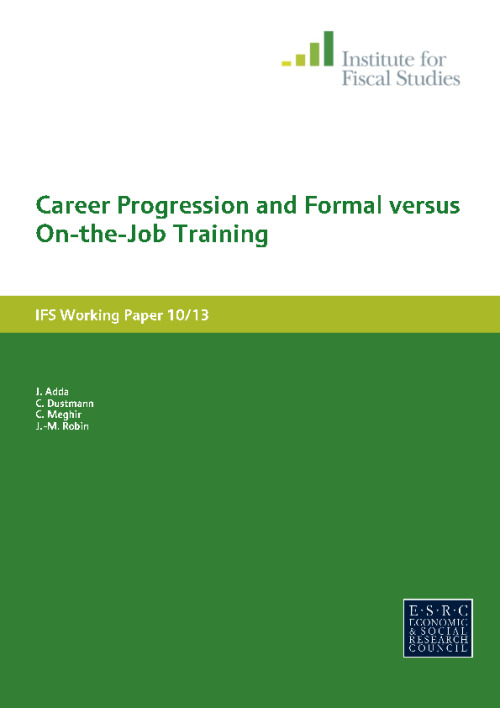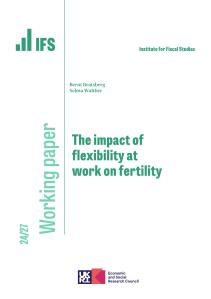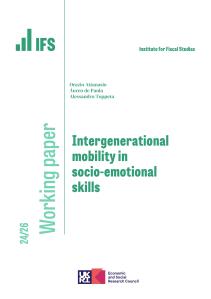<p><p><p>We evaluate the German apprenticeship system, which combines on-the-job training with classroom teaching, by modelling individual careers from the choice to join such a scheme and followed by their employment, job to job transitions and wages over the lifecycle. Our data is drawn from administrative records that report accurately job transitions and pay. We find that apprenticeships increase wages, and change wage pro files with more growth upfront, while wages in the non-apprenticeship sector grow at a lower rate but for longer. Non-apprentices face a much higher variance to the shocks of their match speci fic eff ects and a substantially larger variance in initial level of the off ered wages. We fi nd no evidence that quali fied apprentices are harder to reallocate following job loss. The average life-cycle return to an apprenticeship career is about 14% and the return is mainly driven by the di fferences in the wage pro file.</p></p></p>












